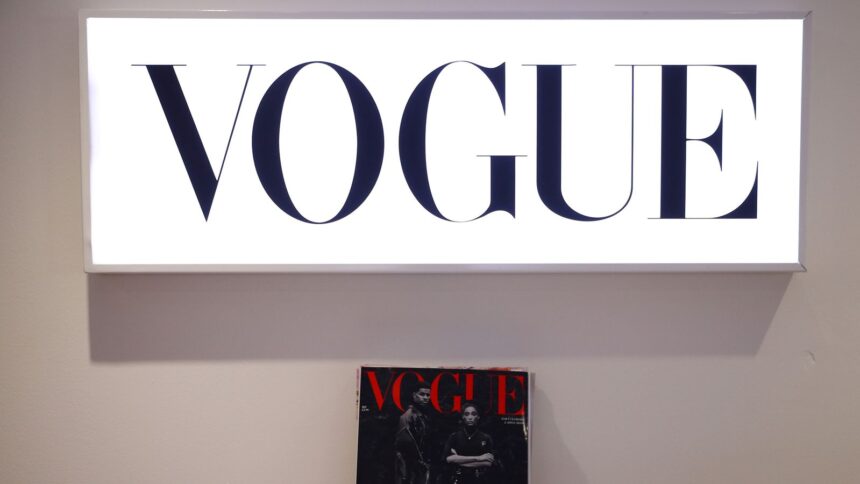The collaboration was revealed on Tuesday by the artificial intelligence startup, which said that content from “top brands like Vogue, The New Yorker, Condé Nast Traveler, GQ, Architectural Digest, Vanity Fair, Wired, Bon Appétit, and more” would be displayed on ChatGPT and its prototype product SearchGPT.
The deal’s financial details were kept a secret.
Time magazine and OpenAI announced a “multi-year content deal” in June that will provide OpenAI access to more than a century’s worth of Time’s material.
As stated in a news release, OpenAI will be able to use Time’s material “to enhance its products”—that is, most likely, to train its AI models—when users search for something in ChatGPT.
Additionally, OpenAI recently inked agreements with the Financial Times, Axel Springer, the owner of Business Insider, Le Monde in France, and Prisa Media in Spain.The agreements coincide with litigation from other media businesses. After their material was reportedly utilized to train ChatGPT, the New York Times and eight other daily newspapers filed a lawsuit against OpenAI for copyright infringement.
OpenAI’s chief operating officer, Brad Lightcap, stated that his organization is dedicated to collaborating with news publishers such as Conde Nast in order to “maintain accuracy, integrity, and respect for quality reporting as AI plays a larger role in news discovery and delivery.”







